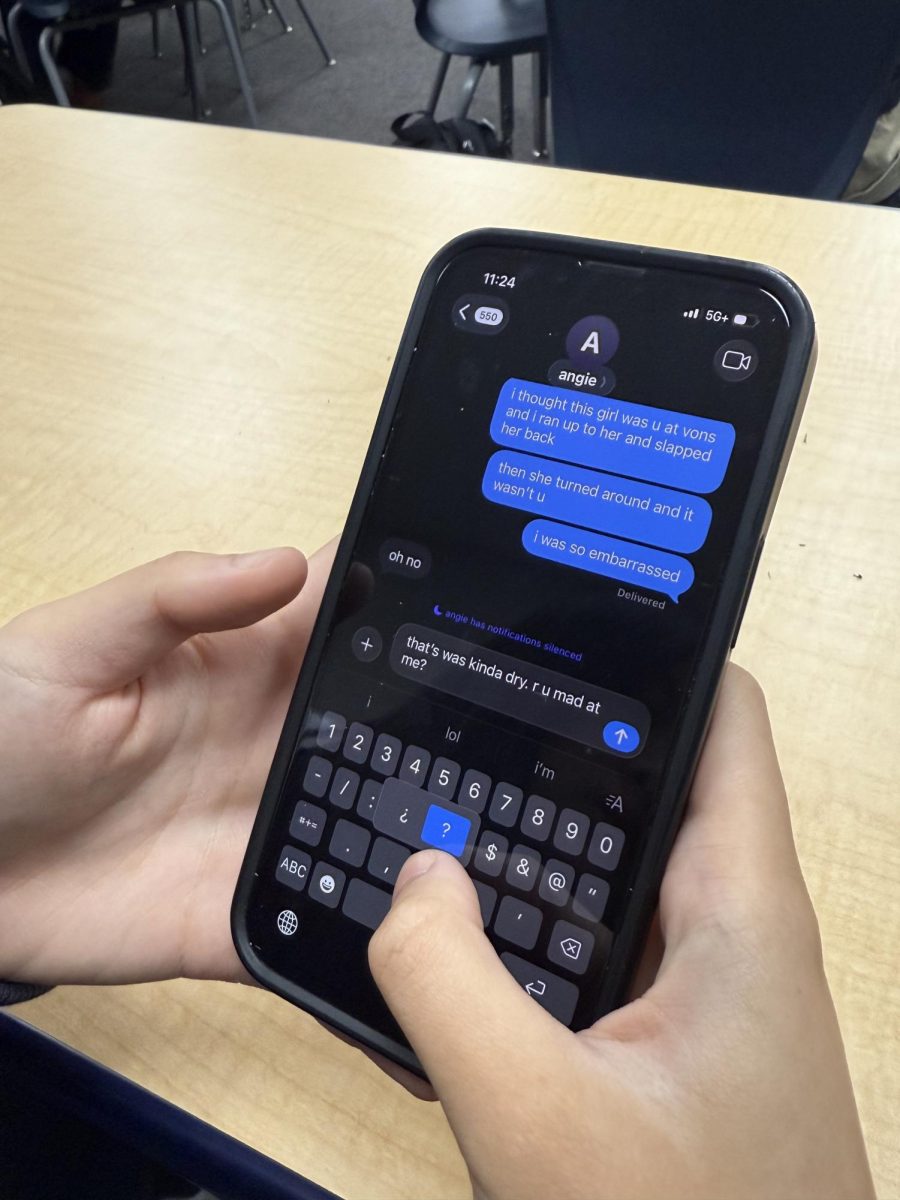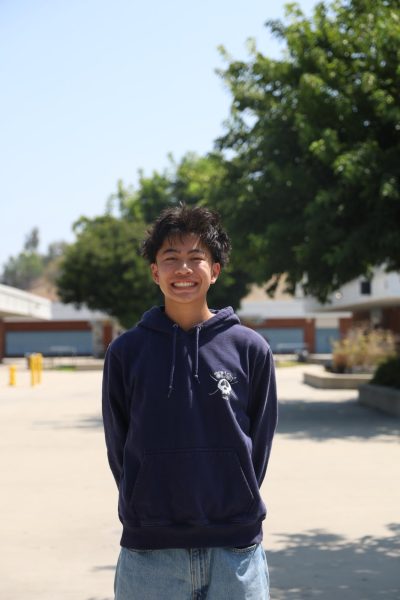You open Spotify and want to listen to some music to wind down. After realizing that the artist you’re listening to is a controversial figure who supports antisemitism, turning on the private session feature to mask your activity seems like the right idea. Amid many popular artists garnering clicks for their contentious acts, how do people separate the art from the artist?
An especially prominent controversial artist in recent times is singer and songwriter “d4vd” (pronounced ‘David’), with allegations connecting him to the murder of a minor. On April 25, the singer released his first album, “Withered.” Halfway through the album tour, d4vd canceled the remaining dates whilst under investigation by authorities. His music is undeniably well-produced and sound-pleasing, but since d4vd is being criticized, it’s hard for me to consciously support his music.
Over the past three years, one of the most publicly regarded “problematic” artists in modern music is Ye West (formerly known as Kanye West). As someone who was deeply invested in Ye’s discography preceding his outspoken support of Nazi ideologies, I felt that giving up listening to his music for a bit was a hard pill to swallow. Since his current music is questionable, separating the music he produces and what he stands for is difficult. He certainly isn’t helping his case by releasing songs with lyrics alluding to racism and unsavory topics that reflect his personality and online presence. Personally, I think that if I were to listen to Ye’s music, it would have to be his old work, because now, it’s hard to separate the artist from the art.
Ultimately, separating the art from the artist may be easy for some, but if an artist is known for unethical or criminal acts, streaming their music is still a way to fund and support them. Personally, I won’t be listening to any Ye songs, and until the d4vd case is shut, my music choices will be up in the air.







